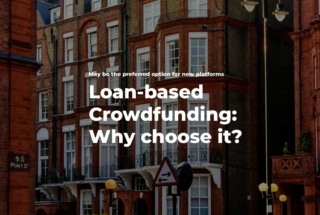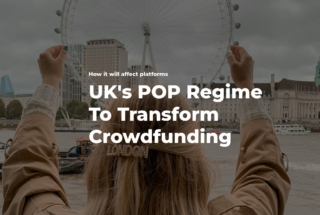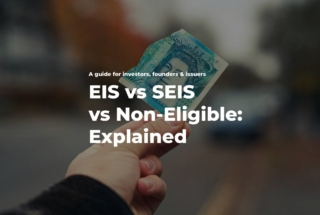Crowdfunding in the Netherlands: a Promising Market?
No time to read? Let AI give you a quick summary of this article.
The size of the Dutch crowdfunding market grew from €14 million in 2012 to €417 in 20201 which shows that the country offers lucrative conditions for one to launch a crowdfunding platform in the Netherlands and tap into the alternative finance market.
Let us have a look at the details and see whether the market in the Netherlands is as promising for crowdfunding as one might believe and check whether the environment for crowdfunding has become more attractive with the introduction of the harmonized regulation for European Crowdfunding Service Providers.
What you will learn in this post:
The Netherlands crowdfunding licensing costs and passporting rights
The introduction of harmonized regulation for European Crowdfunding Service Providers (ECSP) created a new framework for the operation of crowdfunding platforms. Crowdfunding service providers offering financial services operate under a license and have passporting rights. It means that an ECSP can provide its services in any Member State.
While the main regulatory framework is provided by ESMA, some aspects are still up to local regulators. The license issuing is one of them. In the Netherlands, the process of application for a license is challenging and costly.
As Ronald Kleverlaan, Chairman, Stichting MKB Financiering & Director of the European Centre for Alternative Finance says,
Costs for a crowdfunding platform can be up to €100k, excluding legal advisory costs. This is only for the (one-time) application process. On top of this, additional yearly costs are expected.
In Estonia, for example, a one-time application for a license costs €1,000 only2. If a platform wants to offer its services to cross-border clients, it is sufficient to notify the relevant authorities and no additional costs are required. It means that crowdfunding platforms may want to apply for a license in another Member State and offer crowdfunding services in the Netherlands instead of getting a crowdfunding license in the Netherlands.
Those platforms that have operated in the Netherlands crowdfunding sector, are given one year to apply for a license1, meanwhile, they can continue offering their services without being licensed. New Dutch crowdfunding platforms need to apply for the license, and only after it is issued, can they start their operations. In this context, the same rules apply to all the Member States which means that existing Dutch equity crowdfunding platforms do not have any advantage over those that offer their services from other EU countries.
How the introduction of the ECSP rules affected crowdfunding marketing in the Netherlands
For the Dutch crowdfunding platforms, certain things have changed with the introduction of the new rules.
Trading in secondary markets
Before the harmonized regulation was introduced, the Dutch regulator, the AFM3, didn’t permit any trading of the investments offered in crowdfunding projects unless a platform had a license to operate an MTF or OTF.
Now, CSPs are permitted to perform trading in secondary markets via a bulletin board1 where the platform’s clients can announce their willingness to buy or sell assets offered on the platform.
By providing a bulletin board, the platform doesn’t qualify as an organized trading facility or a multilateral trading facility within the definition provided by MiFID II. Therefore, it is expected that the AFM will change the manner a bulletin board is approached and permit its application by crowdfunding platforms without the need to apply for a license to operate an MTF or OTF.
Information about the project owner and the project
According to the AMF, a platform should make information about a project owner available on the platform 48 hours before the crowdfunding campaign starts, while the harmonized regulation doesn’t have such a requirement.
A CSP needs to provide the key investment information sheet (KIIS)4 created by a project owner. A KIIS is provided for each crowdfunding campaign and shall remain updated for the campaign duration.
KIISs do not need to be approved by a regulator but it might be required to submit them to national authorities before making them available for investors. The obligations and liabilities related to KIIS are not limited to the project owner only but may apply to a CSP, too.
How funds can be managed by a crowdfunding platform
To manage investors’ funds, a CSP shall either collaborate with a licensed payment service provider or obtain a license to be able to manage the funds of investors in accordance with PSD25.
If the CSP doesn’t provide any payment services or uses the services of a third party that is authorized to manage payments, the CSP shall have an agreement with any of the officially registered payment services providers.
If a CSP offers asset safekeeping services, the CSP shall have a banking license or a MiFID II license.
Capital requirements
With the introduction of the harmonized regulation, all CSPs will be subject to capital requirements6. A crowdfunding platform will be required to have in place prudential safeguards in the form of either own funds, or an insurance policy, or the combination of these safeguards in the amount of €25,000 of one quarter of the fixed overheads for the preceding year.
Requirements for non-sophisticated investors
Requirements for non-sophisticated investors became stricter compared to those required by the AFM7. So, CSPs will have to conduct an initial appropriateness test and perform an initial simulation to bear loss calculated as 10% of the investor’s net worth.
Additional safeguards are applied if an investor decides to invest more than €1,000 or 5% of their net worth in a single offer. If the CSP doesn’t offer the management of the loan portfolio, the investor has a 4 day reflection period during which he can revoke their investment without penalties.
Top 3 equity crowdfunding platforms in the netherlands
Windcentrale
De Windcentrale8 is an equity crowdfunding platform founded in 2010 with the aim to facilitate the country’s transition to sustainable energy sources. Everybody is offered to enjoy all the benefits of wind energy by contributing to wind mills construction.
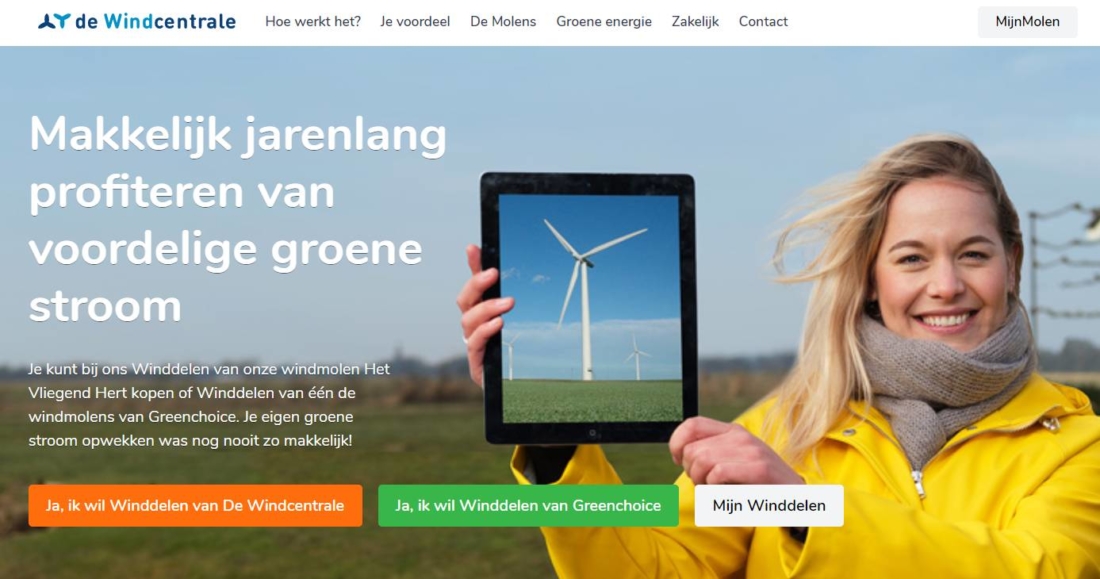
Oneplanetcrowd
Oneplanetcrowd9 is another equity crowdfunding platform with an aim to take benefit from sustainable energy. The platform is a part of StartGreen Capital, a financial group founded in 2005 with an aim to increase investment in energy projects and sustainable projects.
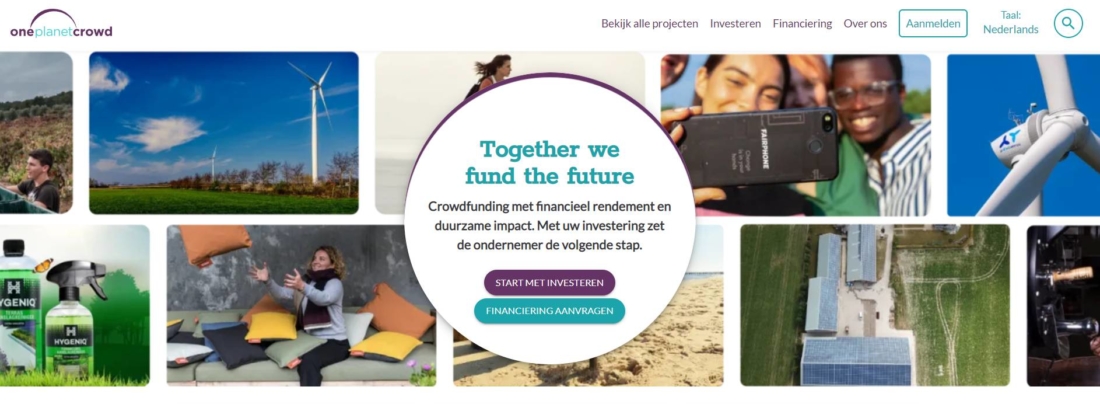
Lendahand
Lendahand10 is an equity platform that is aimed at individual lenders willing to invest in developing economies.
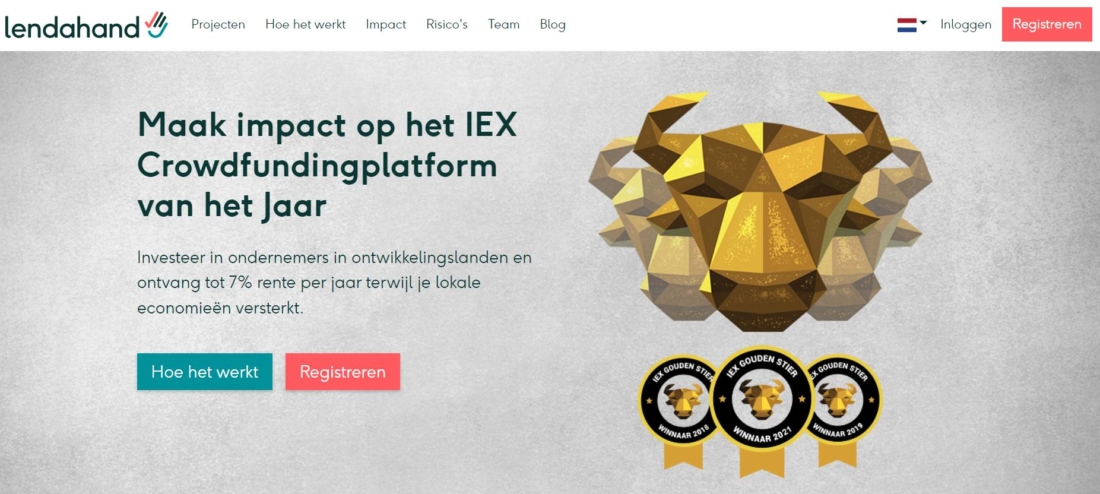
Final thoughts on the crowdfunding in the Netherlands
Even though the harmonized regulation on crowdfunding has made the crowdfunding platform launch and management easier to some extent, there are still many aspects that shall be adjusted.
With LenderKit, a white-label investment software, you can manage the full-cycle private capital raising campaigns. You can either use an already available set of functions or customize the solution to suit your business needs and start your crowdfunding platform in the Netherlands.

Article sources:
- Overheid.nl | Consultatie Conceptregeling implementatie en uitvoering crowdfunding
- The operating licence for crowdfunding | FSA
- Pagina niet gevonden
- The key investment information sheet (KIIS)
- PSD2
- Capital requirements
- Pagina niet gevonden
- Groene stroom van je eigen molen met de Windcentrale! - Windcentrale
- Invesdor - Together we fund the future
- Impact investeren met Lendahand | Duurzaam en Sociaal Beleggen

